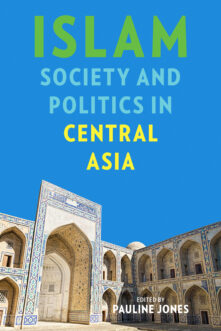Central Eurasia in Context
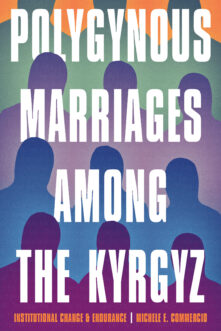

Polygynous Marriages among the Kyrgyz
Institutional Change and Endurance
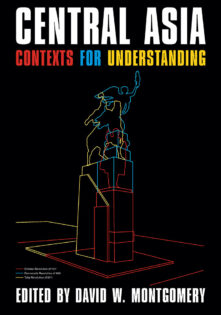

Central Asia
Contexts for Understanding
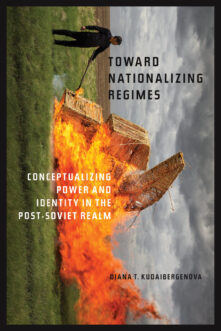

Toward Nationalizing Regimes
Conceptualizing Power and Identity in the Post-Soviet Realm
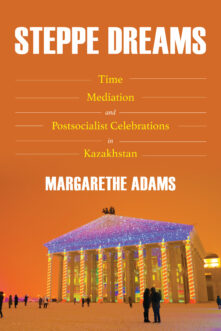

Steppe Dreams
Time, Mediation, and Postsocialist Celebrations in Kazakhstan
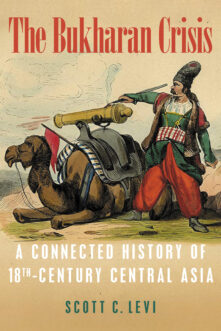

The Bukharan Crisis
A Connected History of 18th Century Central Asia
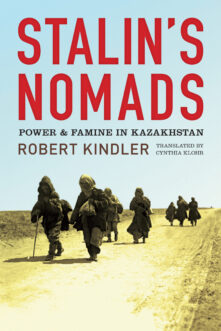

Stalin’s Nomads
Power and Famine in Kazakhstan
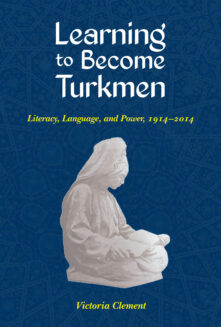

Learning to Become Turkmen
Literacy, Language, and Power, 1914-2014
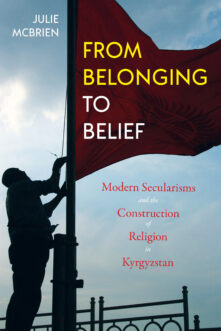

From Belonging to Belief
Modern Secularisms and the Construction of Religion in Kyrgyzstan
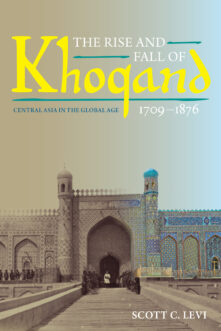

The Rise and Fall of Khoqand, 1709-1876
Central Asia in the Global Age
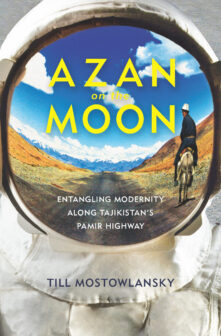

Azan on the Moon
Entangling Modernity along Tajikistan's Pamir Highway
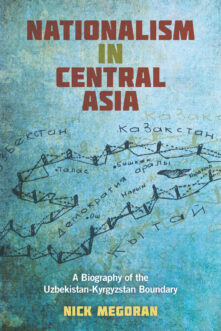

Nationalism in Central Asia
A Biography of the Uzbekistan-Kyrgyzstan Boundary
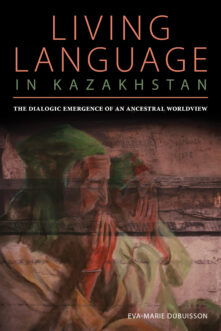

Living Language in Kazakhstan
The Dialogic Emergence of an Ancestral Worldview
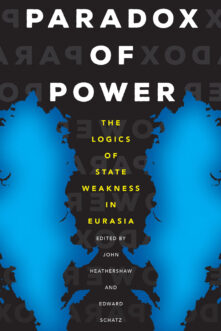

Paradox of Power
The Logics of State Weakness in Eurasia
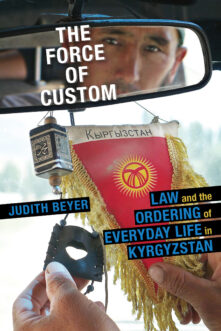

The Force of Custom
Law and the Ordering of Everyday Life in Kyrgyzstan
Total 22 results found.


